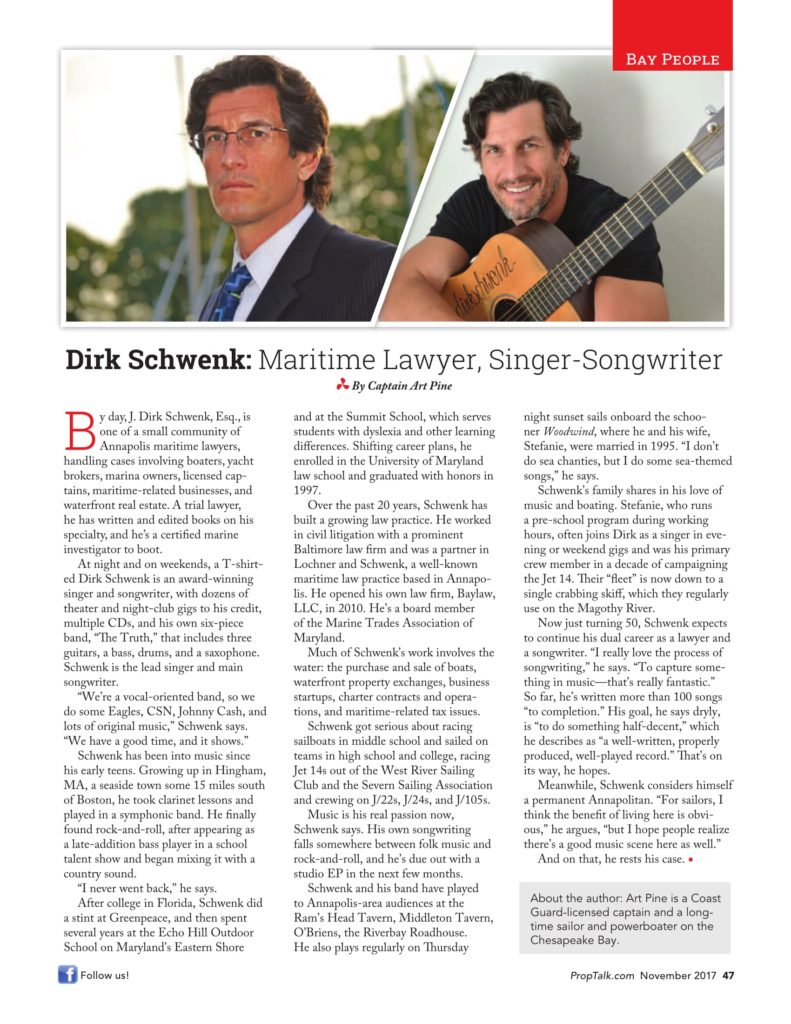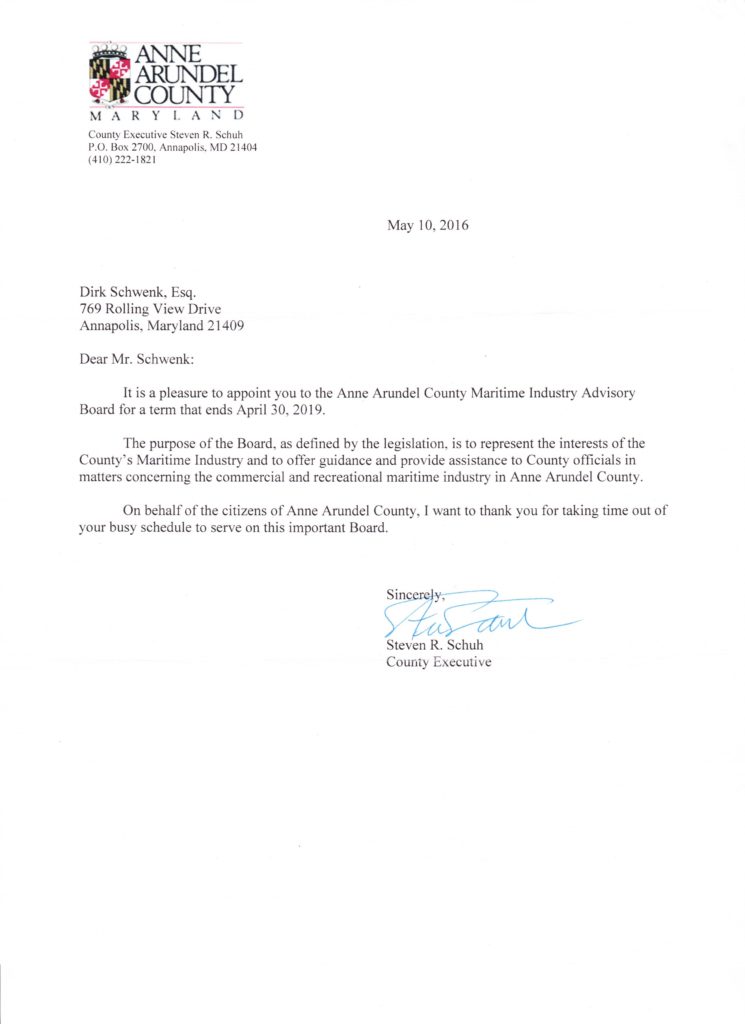What are the Maryland laws that apply to roads, trails, paths and rights of way? This is the law of easements: a right held by one person to use land owned by another. There can be “private” roads, shared driveways, paper roads and community alleys – the use of these can be based on long use, or plats and deeds – each circumstance is unique. How do we know if we can use a right of way if we don’t actually own it? What if a neighbor tries to block a path we believe we can use?
Public roads are a clear example – we all know we can use them, but who actually owns them? Where does the right to use them come from? It seems clear enough when we merge onto Route 50 through Annapolis; but what about a road that eventually reduces itself down to a path to the water’s edge?
I recently had a case that went all the way to Maryland’s Supreme Court which looked at a stretch of property that showed as a road on a State Highway Administration plat, but which had not been used for vehicle traffic in living memory. Neighbors took steps to block my clients’ access; the County passed a law to close it as a road, leaving my clients’ substantial waterfront parcel effectively landlocked from the road system. We sued and eventually succeeded in proving that there was a road as shown on the plat, even though there was no pavement or tire tracks or other hallmarks of a road in the real world.
The neighbors that owned property surrounding the strip argued that if the road ever existed, it was washed away by erosion, or lost to adverse possession, or was abandoned. My clients were steadfast that it remained a road, because it was created as a road by the filing of a plat by the State Highway Administration, and accepted as such by the County.
The Supreme Court determined that the deed to the State Highway Administration delivered ownership of the land (the “fee title”) – ““all the land, together with the appurtenances thereto belonging, or in any wise appertaining, lying between the lines designated ‘right of way line’ as shown and/or indicated on the aforesaid plat.” A public road was created when the then owner offered the property for use as a road, and the State Highway Administration accepted it for use as a road – thus finding offer and acceptance and thereby dedication as a road. Once it was a public road, people (including my clients) could use it for ingress and egress until such a time as it was officially closed by the County.
With the decision, the case now goes back to the County Circuit Court for trial on inverse condemnation. Inverse condemnation arises when a government takes action which is the equivalent of taking property by eminent domain. We will show that, by closing the road, the County has reduced the value of the parcel and caused damages to its owners.
Dirk Schwenk is a Maryland Real Estate, Property, Civil Litigation and Maritime Lawyer from Annapolis, Maryland. He provides civil litigation services in real estate issues, contract disputes, environmental and zoning issues, adverse possession and boundary disputes. He graduated cum laude from the University of Maryland School of Law in 1997 and has been in private practice in Maryland ever since.




